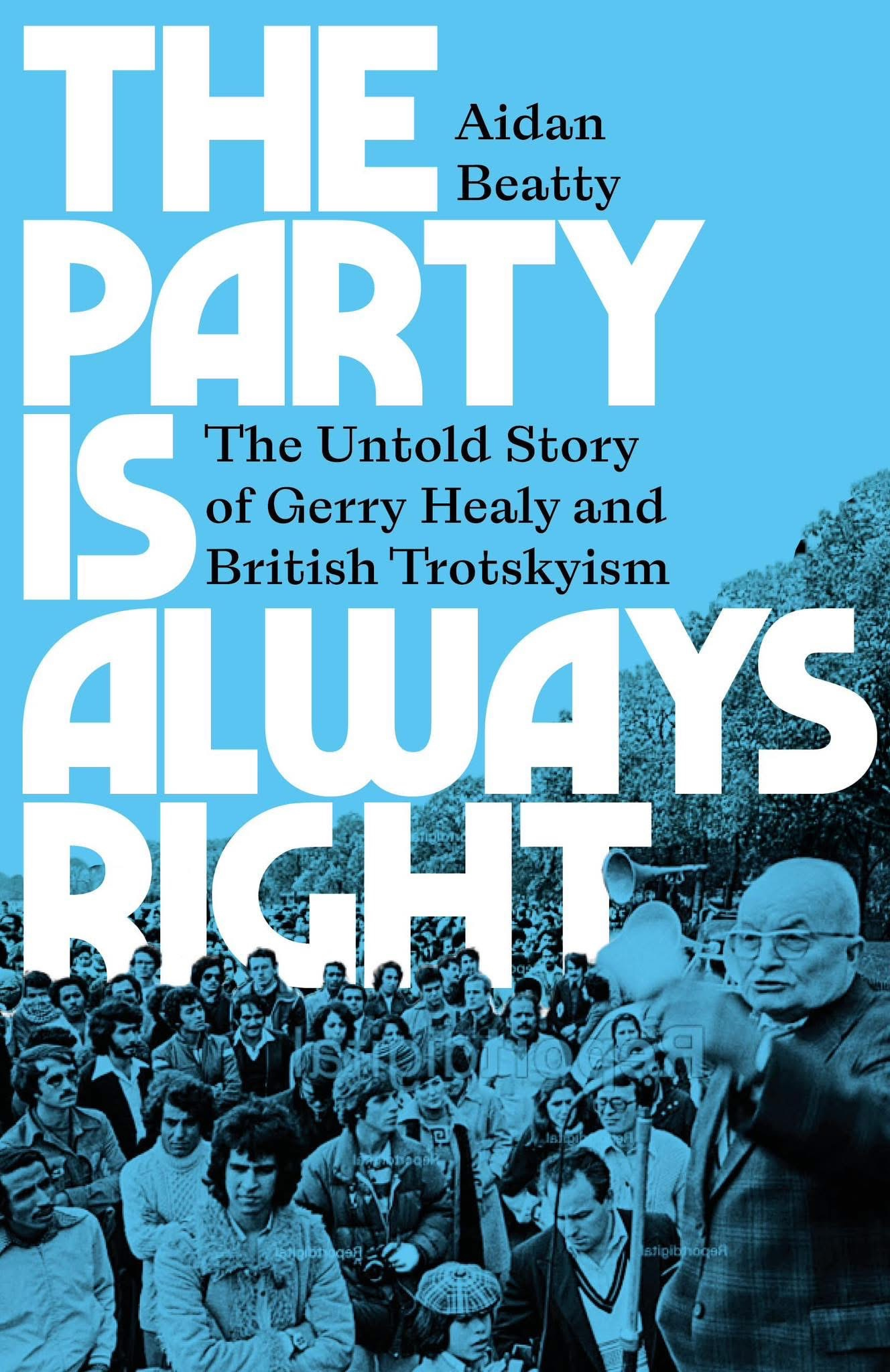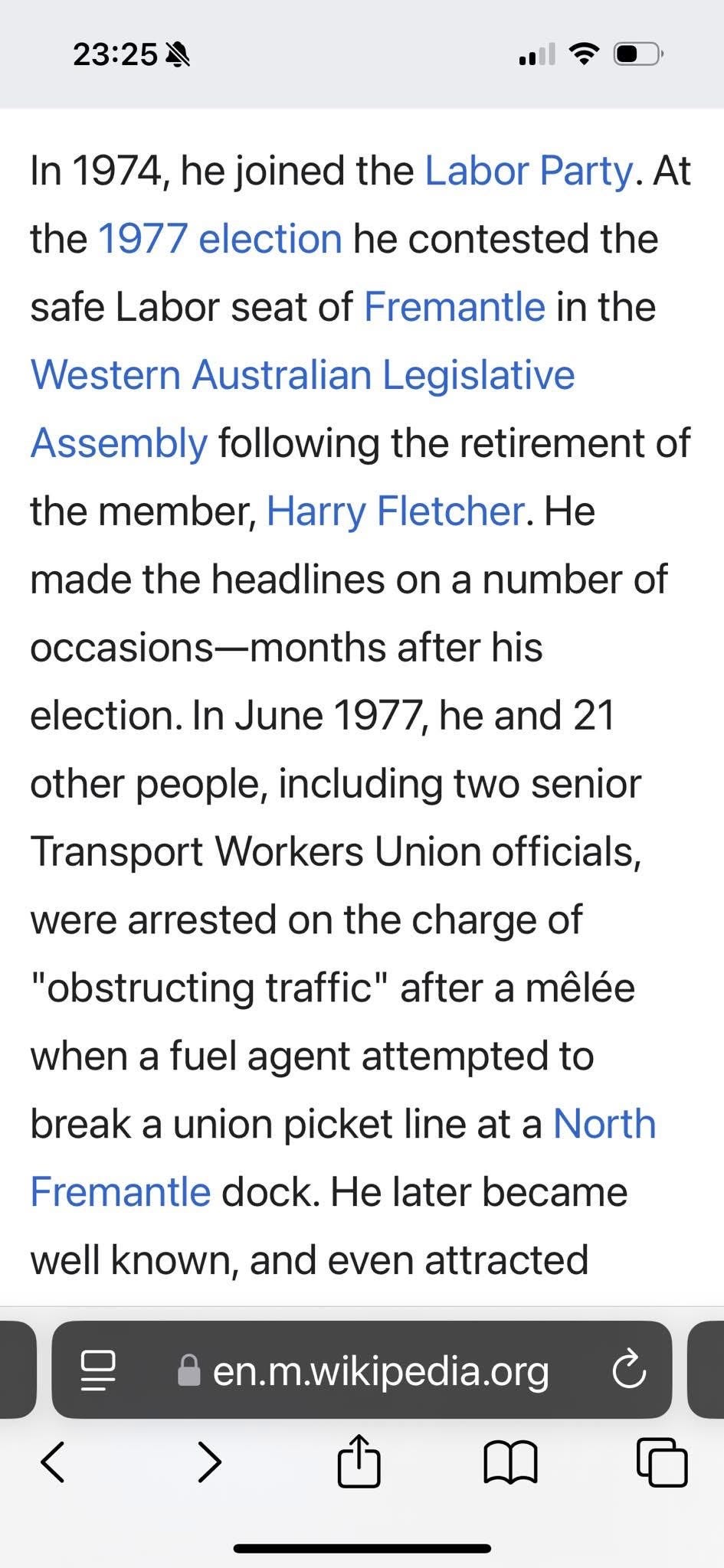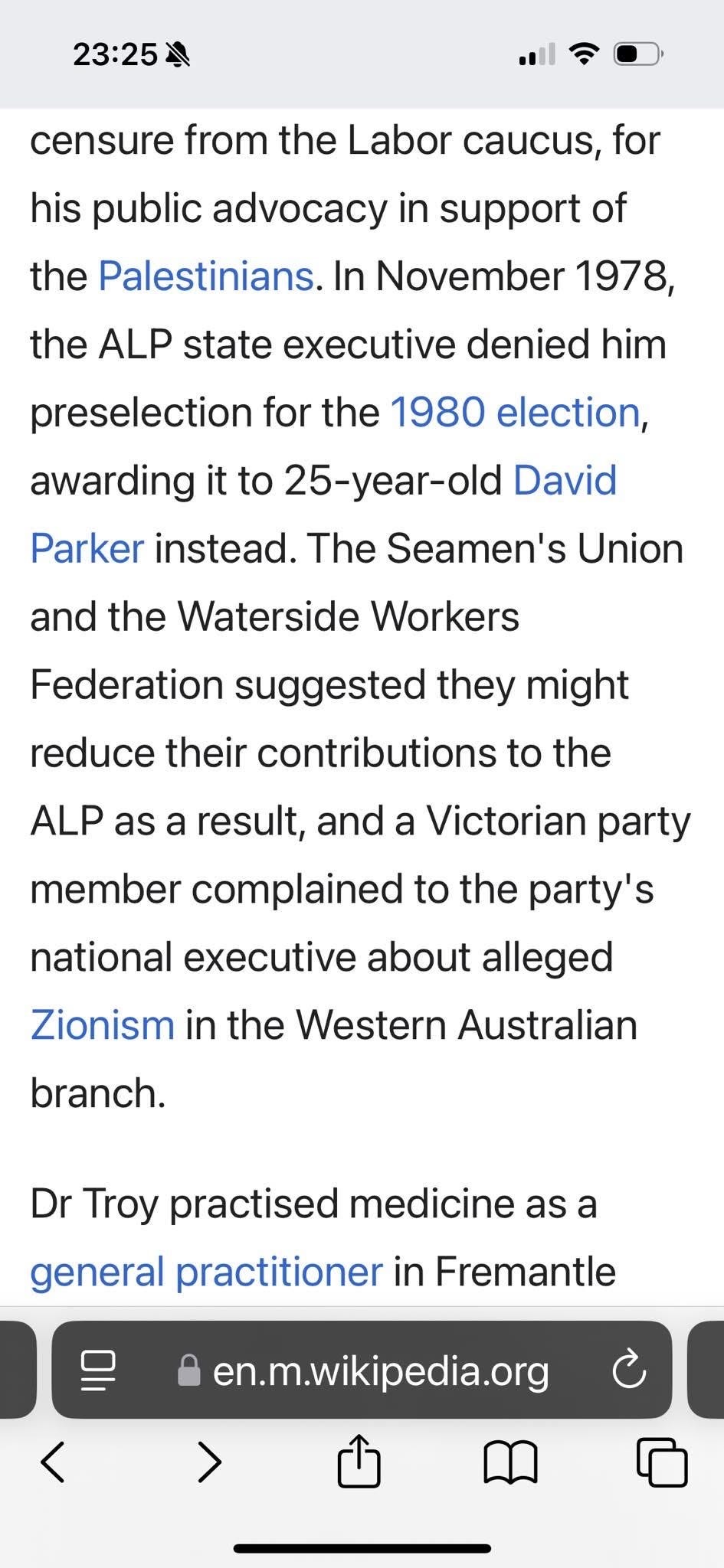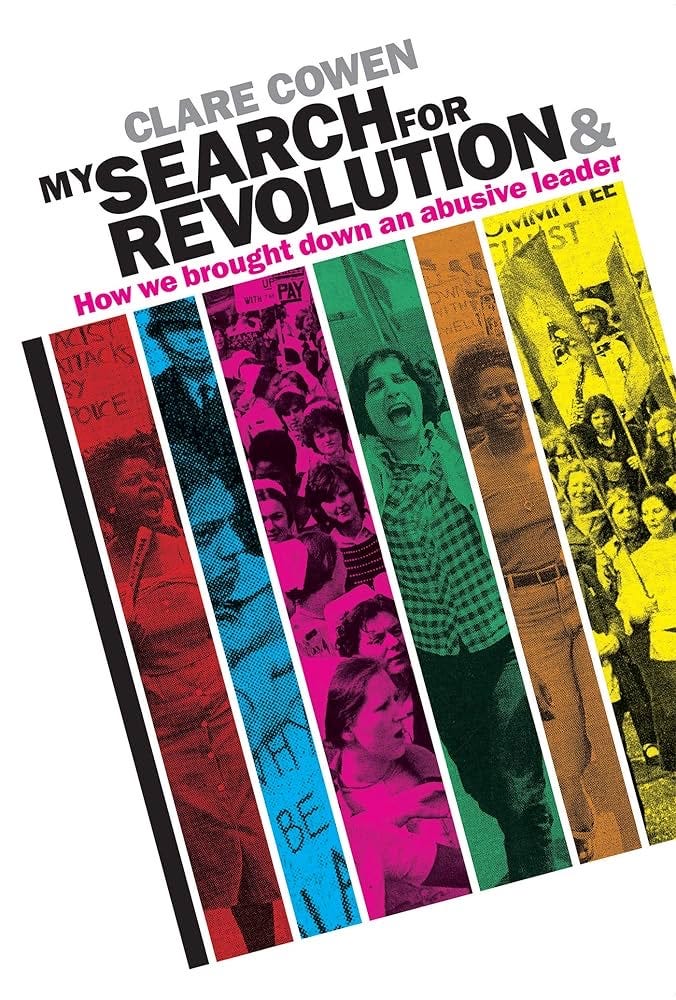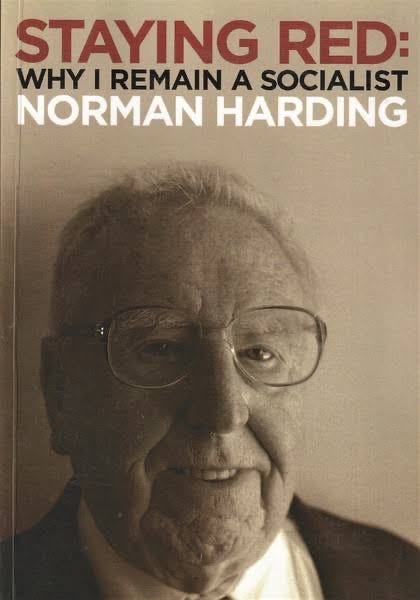The Party is Not Always Right
‘The Party is Always Right’ represents a solid, workmanlike account of the rise and fall of Gerry Healy and the Workers Revolutionary Party.
However, the more balanced assessments the author seems to make stand in contrast with less balanced assessments and assertions, sometimes blunted with caveats and sometimes not. The assertions about the nature of ‘Leninist’ organisational forms is a good example of that tendency, which is partly informed by the historical evidence and, it seems at times, partly by the writer’s own personal political predilections.
There are also a few factual inaccuracies. To take one example; while Alexandra Kollontai and Rosa Luxemburg (the former more than the latter) were deeply concerned about women’s oppression and certainly Marxists, neither can be described as ‘Marxist-Feminists’ in either a casual or more specifically ideological fashion - though both would later be adopted by sections of the feminist movement.
What is most valuable about the book are the interviews with former Socialist Labour League/WRP members, and the mining of their memoirs for material, in particular the exemplary ‘My Search for Revolution’ by Clare Cowen. Also the consultation of archives and primary sources, especially online ones like the ever reliable Splits and Fusions (S&F) which collect them.
Naturally, being Australian, this reviewer was particularly interested in the Australian connections to this history, such as the SLL background and membership (that is the Australian SLL, linked to the British mothership organisation) of a former Australian Labor Party MP, a certain John Troy who represented the seat of Fremantle in Western Australia from 1977-1980.
According to what little information about him exists on Wikipedia, he sounds like he had the kind of backbone that would get him kicked out of Labor immediately today, as opposed to simply being denied preselection by the ALP state executive in 1980.
I interviewed former WRP Central Committee member, intellectual and leading light Cliff Slaughter for Splits and Fusions; while S&F is credited and its archivist Rob Marsden is rightly thanked, it appears not to have been cited in the book itself.
That is certainly the author’s prerogative, though it is a shame not to have gotten the ego boost from one’s own work being referenced in a title published by a quality publisher like Pluto Press.
‘The Party is Always Right’ is best read in conjunction with Bob Pitt’s biography of Healy, Clare Cowen’s memoirs, the less accurate though quite entertaining memoirs of Australian journalist Alex Mitchell, English socialist Norman Harding’s memoir ‘Staying Red’, and Gerry Downing’s more analytical ‘WRP Explosion.’


